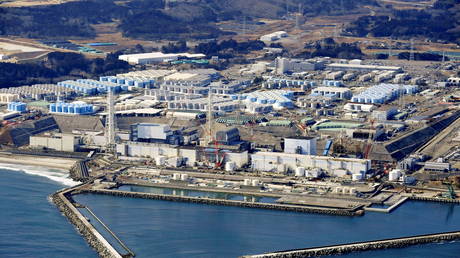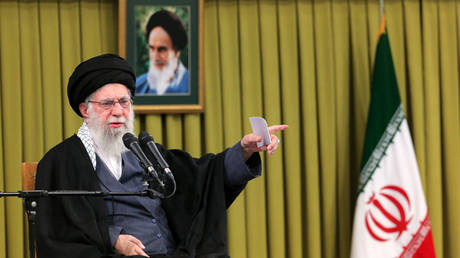
The Chinese Foreign Ministry says neighboring countries will bear the brunt of the problems created by Japan’s decision to dump radioactive wastewater into the ocean, adding that Tokyo should be ready to compensate.
Speaking on Friday, Chinese Foreign Ministry spokesman Zhao Lijian said that Tokyo can no longer pretend to be deaf and dumb over the issue of releasing its supposedly treated nuclear wastewater from the now-defunct Fukushima power plant into the ocean.
Citing an expert who claimed that Japan’s neighbors would be most impacted by their decision, Zhao stated, “as the neighboring countries that bear the brunt of the sewage from Japan’s nuclear accident, China, South Korea and other countries have every right to claim compensation from Japan.”
The spokesman continued, saying Japan must not put its own private interests above international and public interests. “The disposal of nuclear contaminated water in Fukushima, it is definitely not Japan’s housework. If the nuclear sewage is not polluted, why doesn’t Japan keep it for itself?”
Zhao added that Japan is making a dangerous first step, claiming its government will pay the price for its irresponsible behavior, leaving a stain on history.
Last week, Japan announced it would be releasing the wastewater from the meltdown at the Fukushima nuclear plant into the ocean “in around two years.” The plan, which had been widely rumored to be Tokyo’s preferred option, was met with condemnation by Japan’s neighbors.
Concerns have been raised about how safe the water is despite years of treatment. Last year, Greenpeace reported that the wastewater from the plant was more dangerous than the Japanese government had suggested. Their publication titled, ‘Stemming the tide 2020: The reality of the Fukushima radioactive water crisis’ claimed the supposedly treated water still contains “dangerous levels of carbon-14,” a radioactive substance that has the “potential to damage human DNA.” The water is also known to contain radioactive tritium.
If you like this story, share it with a friend!




